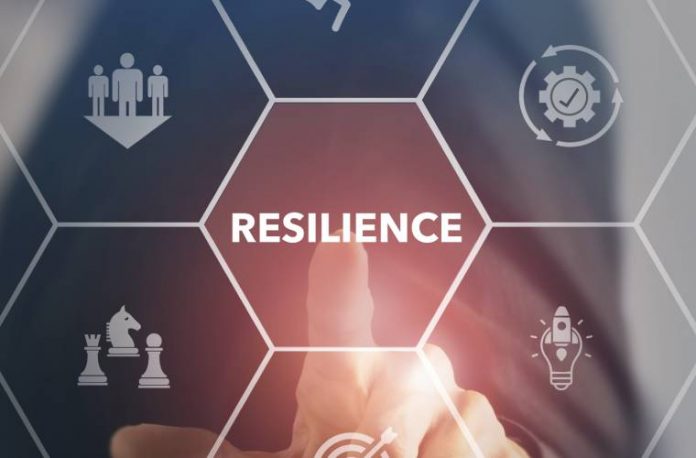Entrepreneurship is a journey marked by highs and lows, and the ability to navigate adversity is a defining trait of successful founders. In this exploration, we’ll delve into the concept of resilience in entrepreneurship and glean insights from the wisdom of seasoned founders who have weathered storms and emerged stronger.
The Essence of Resilience
Resilience is more than just bouncing back from challenges; it’s the capacity to adapt, learn, and grow in the face of adversity. Let’s unravel the fundamental aspects of resilience that founders embody.
1. Embracing Adversity as a Catalyst for Growth
Resilient founders view adversity as a catalyst for growth. Instead of seeing challenges as roadblocks, they perceive them as opportunities to learn, innovate, and refine their entrepreneurial approaches.
2. Maintaining a Long-Term Perspective
Resilience is grounded in the ability to maintain a long-term perspective. Founders with this trait understand that setbacks are part of the entrepreneurial journey, and they stay committed to their vision despite short-term difficulties.
Strategies for Cultivating Resilience
Resilience is a skill that can be cultivated over time. Let’s explore actionable strategies employed by founders to nurture resilience in the face of challenges.
1. Building a Robust Support Network
Founders often cultivate resilience by building a robust support network. This includes mentors, peers, and advisors who provide guidance, share experiences, and offer valuable perspectives during challenging times.
2. Prioritizing Mental and Physical Well-Being
Resilience is closely tied to well-being. Successful founders prioritize their mental and physical health, recognizing that a healthy mind and body are better equipped to handle challenges and make sound decisions.
Learning from Setbacks
Setbacks are inevitable in entrepreneurship, but resilient founders leverage these setbacks as opportunities for learning and improvement. Let’s explore how setbacks contribute to the growth and development of successful ventures.
1. Analyzing Failures with a Growth Mindset
Resilient founders approach failures with a growth mindset. Instead of dwelling on what went wrong, they analyze failures objectively, extract lessons, and use these insights to refine their strategies and decision-making processes.
2. Iterative Adaptation to Market Dynamics
Markets are dynamic, and setbacks can result from shifts in consumer behavior, technological advancements, or unforeseen external factors. Resilient founders embrace an iterative approach, adapting their products or services to stay relevant in evolving markets.
Case Studies: Resilient Entrepreneurs in Action
Let’s examine real-life examples of resilient entrepreneurs who faced adversity and emerged stronger, showcasing the practical application of resilience in entrepreneurship.
1. Company X: Pivoting to Meet Changing Customer Needs
When faced with a downturn in their industry, the founders of Company X showcased resilience by swiftly pivoting their business model. By identifying emerging customer needs and adapting their offerings, they not only survived the challenge but thrived in a new market landscape.
2. Startup Y: Learning from Financial Setbacks
Startup Y experienced financial setbacks due to unexpected market fluctuations. Instead of succumbing to the challenges, the founder implemented stringent financial management practices, learned from the experience, and emerged with a more resilient and financially sustainable business model.
Building a Resilient Entrepreneurial Ecosystem
Resilience is not only an individual trait but a quality that contributes to the overall strength of an entrepreneurial ecosystem. Let’s explore how fostering resilience at the ecosystem level benefits founders and the community.
1. Collaborative Knowledge Sharing
Entrepreneurial communities that encourage collaborative knowledge sharing facilitate the spread of resilience. Founders can learn from each other’s experiences, share strategies for overcoming challenges, and collectively contribute to the growth of the entire ecosystem.
2. Access to Support Services
Resilience is bolstered when founders have access to support services. Incubators, accelerators, and mentorship programs play a crucial role in providing resources, guidance, and emotional support to entrepreneurs facing challenges.
Conclusion: Navigating Adversity with Resilience
In the dynamic landscape of entrepreneurship, resilience is a cornerstone that transforms challenges into stepping stones for success. By embodying the essence of resilience, founders not only navigate adversity but also inspire a culture of growth, learning, and innovation within the entrepreneurial community.

